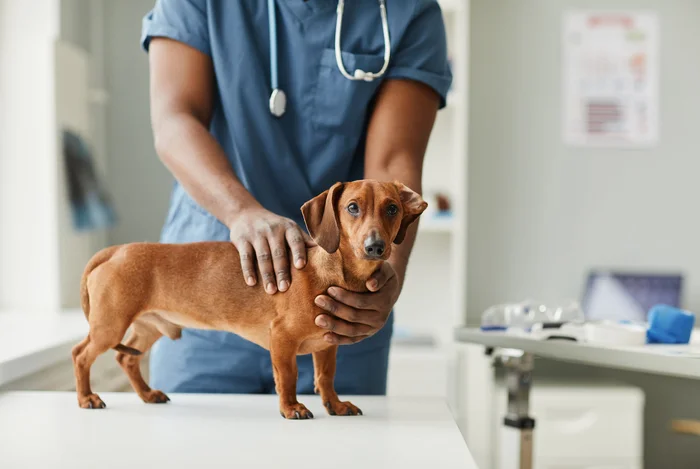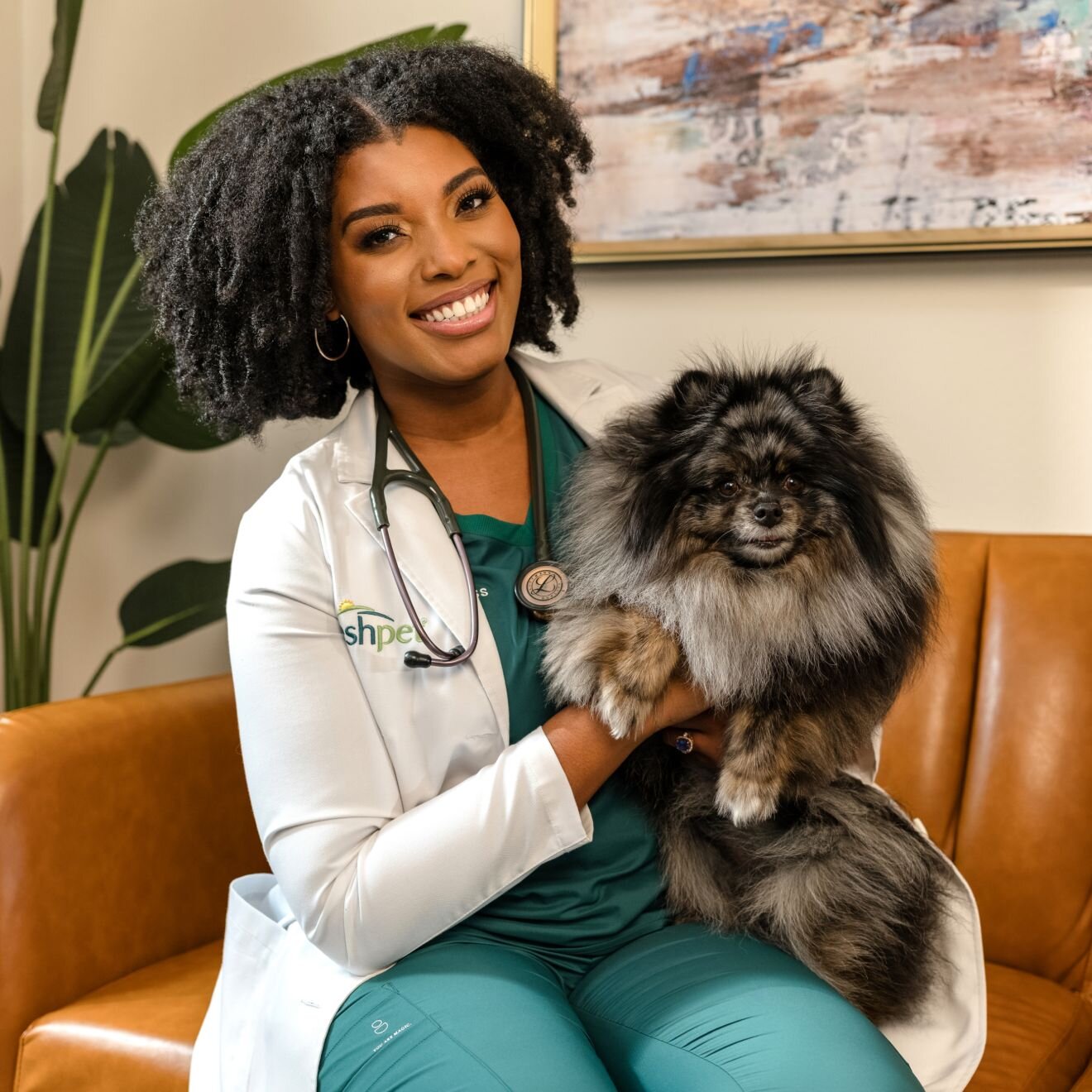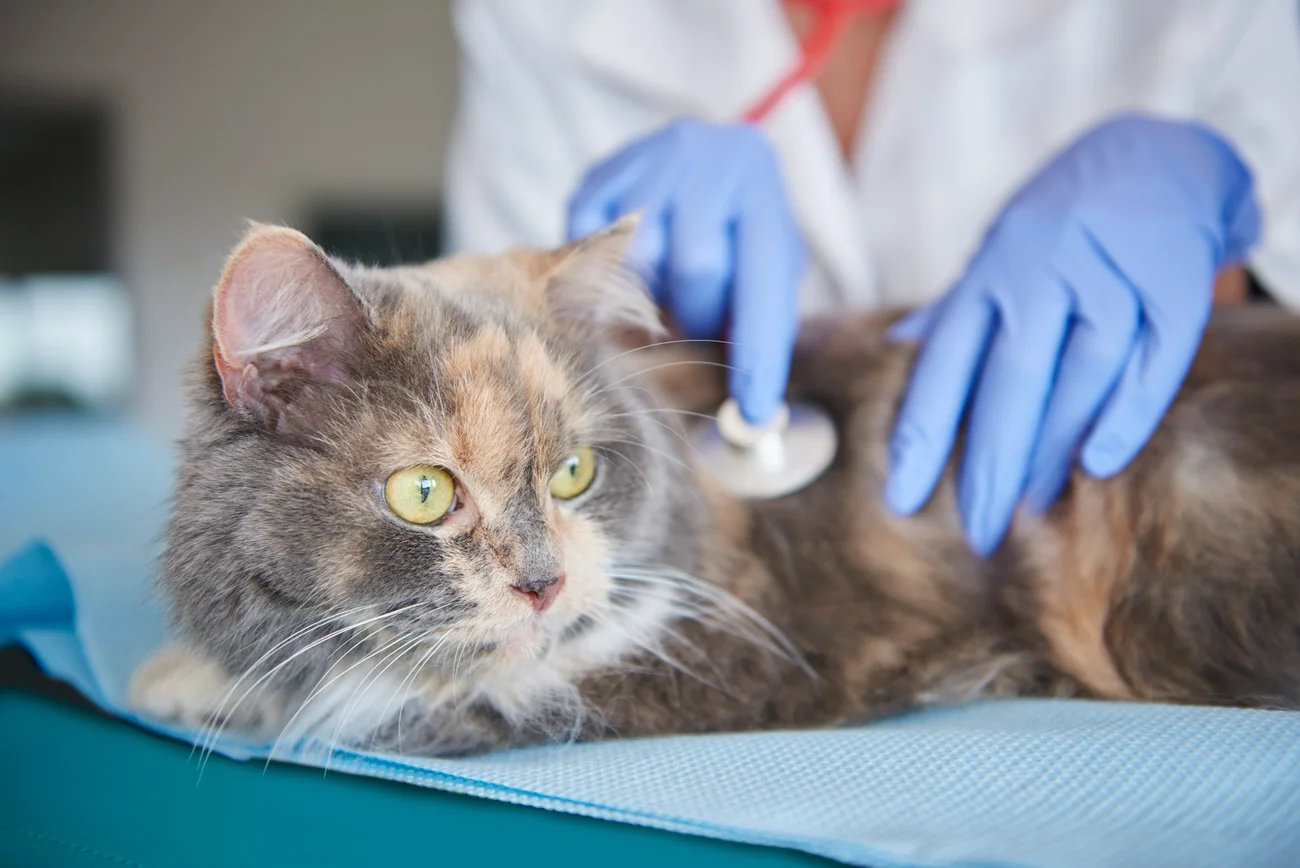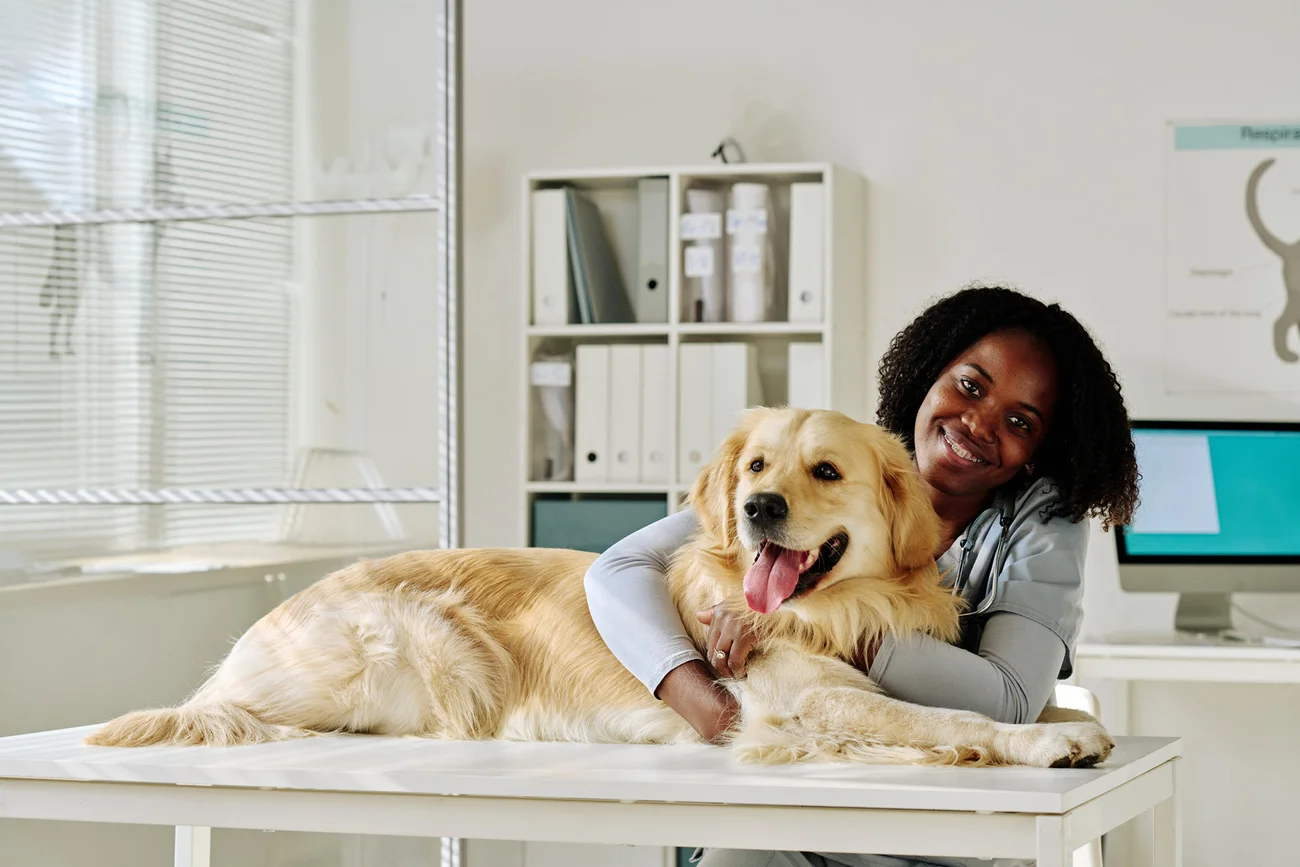popular searches

Ways You Could Start Saving Money At The Vet
written by Ellie Walker
You want your pet to have the best care possible, but vet bills can add up quickly – especially in emergency situations. To help alleviate some of this financial pressure, we’ve put together a list of tips on how to save money at the vet.
Invest in a high-quality diet
Your dog’s food has a big impact on their overall health, so another way you could start saving money at the vet is by investing in a high-quality diet. Brands that use by-products, fillers, additives, and preservatives are less expensive at the time of purchase, but these short-term savings are lost in the long run as your pet starts to experience issues related to poor nutrition. When choosing a diet for your pet, there are several questions you should ask yourself, including:
- Do they use high-quality ingredients?
- Is a veterinary nutritionist involved in the company?
- Do they share the exact nutritional content of the food?
- Do they have recipes tailored to different nutritional needs?
Freshpet is a great choice because every line offers well-balanced recipes that are full of high-quality ingredients and nutrients to help your pet maintain a clean bill of health. For a full list of questions to ask yourself when choosing food for your pet, take a look at our blog.
Don’t skip your annual wellness checks
It may feel like you’re saving money by only scheduling appointments when your pet is sick, but in the long run, this will likely end up costing you more. Even if your pet appears to be completely healthy, it’s important to bring them in for their annual or bi-annual wellness checks. Animals – especially cats – are great at hiding pain and illness, so these appointments give your veterinarian the opportunity to catch an illness before it gets to the point your pet can no longer hide it. Not only will this give your pet a better prognosis, but the later the stage, the more expensive the treatment tends to be.
Stay on top of chronic conditions
If your pet has a chronic disease like diabetes or hypothyroidism, your vet will recommend an examination scheduled tailored to your pet’s needs. This will enable them to monitor the disease on a consistent schedule and alert them if anything changes so they can adjust medication or treatment plans accordingly. Similar to wellness examinations, sticking to this schedule and keeping your pet’s chronic illness stable will save you money long-term.
Keep on top of their dental care at home
Did you know that over 80% of pets have some stage of dental disease? Unfortunately, if left untreated, dental disease can contribute to issues such as:
- Oral pain
- Bad breath
- Unintended weight loss
- Systemic diseases.
The further your pet’s dental disease progresses, the more likely they will need to have a professional dental cleaning and possibly teeth removed, which isn’t cheap. You can avoid this by keeping on top of their dental care at home. It’s ideal if you can brush your pet’s teeth twice a day, but it can take a while to work up to that frequency. To start, try brushing their teeth twice a week and increasing it from there.
Consider pet insurance
No matter how much effort you put into preventative care, emergencies can happen and when they do, you can save money by being prepared. With pet insurance, you can have peace of mind knowing that in the event of an emergency, you can make decisions based on what is best for your pet, not the cost. Generally, insurance providers offer two different types of coverage:
- Emergency coverage: This coverage can be used when emergency situations arise, but doesn’t provide any coverage for standard things like annual appointments or vaccinations. It also usually has a lower monthly premium.
- Regular coverage: This is more extensive coverage that can be used any time your pet visits the vet, whether it’s for routine care or an emergency. The monthly premium is also usually higher when compared to emergency coverage.
In addition to coverage provided by an insurance company, some veterinarian clinics offer an in-house insurance plan that patients can subscribe to. While the offers are specific to the clinic, they usually help cover the costs associated with wellness checks, vaccinations, and similar routine care.
Maintain a healthy weight
A final way to save money at the vet is to help your pet maintain a healthy weight. Aside from dental disease, obesity is one of the most common diseases veterinarians see in their patients. If not addressed, obesity can lead to serious illnesses, including:
- Diabetes
- Heart disease
- Hypertension
- Many types of cancer
In addition to causing new issues, obesity can also worsen existing conditions like osteoarthritis. By keeping your pet at a healthy weight, you’ll minimize the chances that they’ll develop obesity-related illnesses – all of which will require extensive veterinary care treatment.
We hope that these tips give you inspiration on how you can start saving money at the vet. Have other tips we didn’t include? Share them in the comments!




